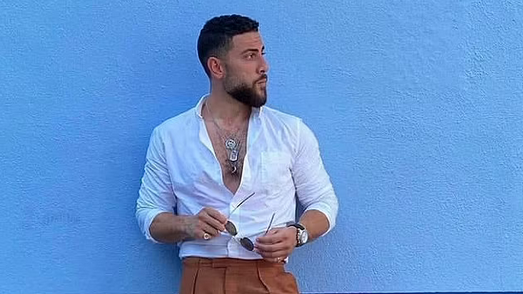WHY should children not get addicted to coffee? It is not advisable to give coffee to a child under the age of 5. Caffeine can cause an overexcited nervous system in an immature nervous system.
Many children have tried coffee before the age of five. Even
in this mild form, coffee is not recommended for children because their nervous
systems are not yet ready for it.
Teenagers between the ages of 12 and 13 are especially eager
to appear mature. And coffee for them is yet another adult attribute.
Coffee should be avoided at this age due to hormonal changes
and significant stress on the nervous system.
WHY should children not get addicted to coffee?
According to Dr. Kim, having caffeine has a lot of potential
health implications. While people of all ages are vulnerable to these effects,
most healthy adults can tolerate a moderate amount of caffeine.
When you combine that with the fact that they don't always
have the wisdom and restraint to recognize when they've had too much, children
and teenagers are primed for problems.
It can cause the following health issue in children:
- Tremors
- Headaches
- Moodiness
- Dehydration
- Diarrhea
- Seizures
- Upset stomach
- Sleep disruptions
- Abnormal heart rhythm
You may be right in thinking that "my child would never
touch a cup of black coffee anyway," but coffee is not the only source of
caffeine that children are most likely to consume.
According to one study, 73% of American children aged 2 to
11 consume caffeine on a daily basis, the majority of which comes from soda.
Coffee and energy drinks (which became popular among
children in the early 2000s) play a role as well. Caffeine can also be found in
tea, hot chocolate, and some candy, gum, and mints.
At what age is caffeine OK?
The brutal truth is that no amount of caffeine has been
proven safe for children aged 12 and under.
Teenagers should drink no more than 100 grams of caffeine
per day, which is equivalent to 1 cup of coffee or 2 cans of soda.
What about energy drinks? Say no to them completely. Because
they are not regulated by the United States Food and Drug Administration (FDA),
it is impossible to know exactly how much caffeine is in them, which can be
dangerous for both children and adults. In fact, the American Academy of Pediatrics
states that energy drinks are not safe for children at all.
Wrapping Up
WHY should children not get addicted to coffee? Children
getting addicted to coffee can lead to tremors, headaches, moodiness,
dehydration, diarrhea, seizures, upset stomach, sleep disruptions, abnormal
heart rhythm, and some other unmentioned serious health issues.
For Daily notifications and discussions, join our FacebookGROUP.
Stay healthy!!!







